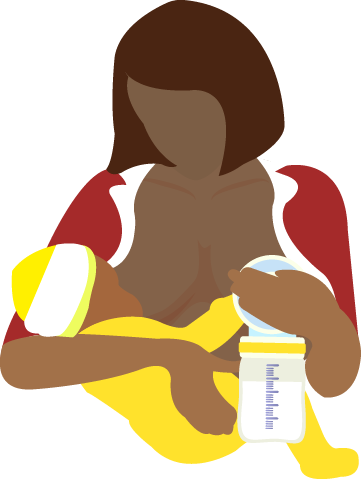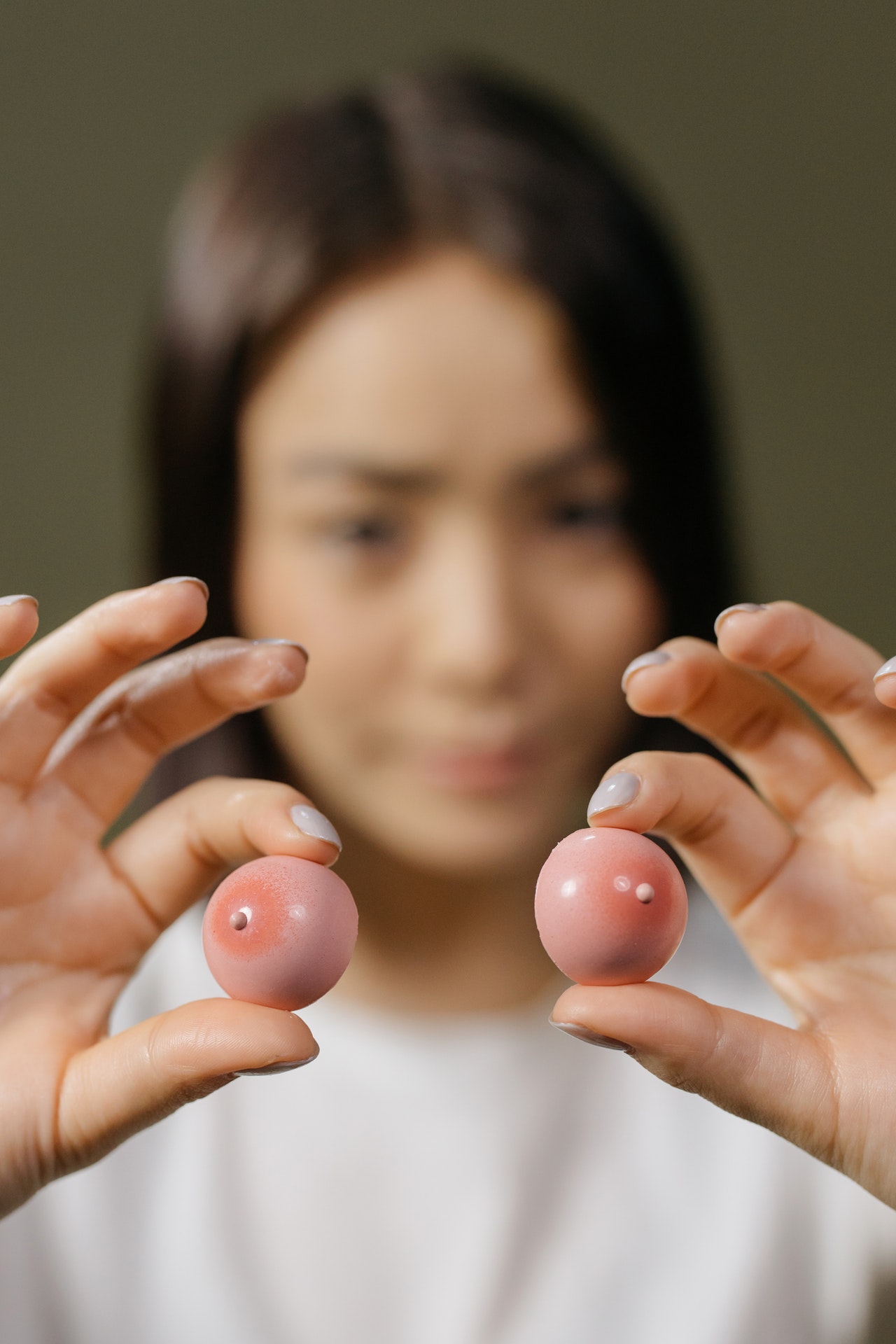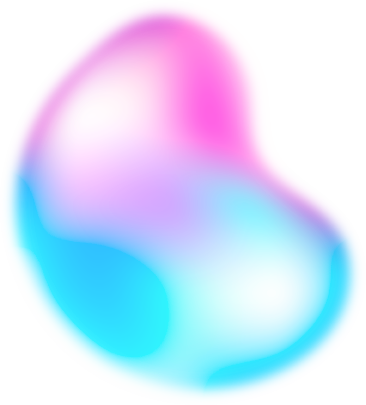Nipple or breast pain is not normal
Nipple or breast pain is not a normal part of breastfeeding. Your nipples may be sensitive in the first few days after birth and while breastfeeding, but sore nipples or breasts indicate a problem. If you feel pain, you should seek help immediately.
Blood in breastmilk
If there is a small amount of blood in your breastmilk because of nipple trauma, it will not harm your baby. You can continue to breastfeed unless the pain becomes unbearable.
Breastfeeding parents with some medical conditions (such as hepatitis B or hepatitis C) may be advised to stop breastfeeding temporarily until the nipples have healed and there is no blood in the breastmilk. If this is the case, you can express breastmilk in replacement of a breastfeed to maintain your supply and discard your breastmilk until your nipples have healed.
Tips on caring for your nipples
To prevent nipple problems:
- Ensure correct positioning and attachment of your baby when feeding.
- Avoid soaps and shampoos on the nipples during showering.
- Avoid nipple ointments, powders and tinctures (drug dissolved in alcohol). They may increase nipple problems.
- Leave milk or colostrum to dry on your nipples after breastfeeding. They both contain anti-infective agents.
- Change breast pads frequently. Don’t use pads that hold moisture against the skin.
- If nipple pain or nipple trauma is not improving, seek help from your doctor, lactation consultant or an Australian Breastfeeding Association counsellor.
Some mothers find it more comfortable without a bra. Large-breasted women are usually more comfortable with the support of a properly fitted maternity bra. Breast shells can be used to protect sore nipples. These are silicone with a hard plastic dome to prevent clothing from touching nipples and allowing them to air.
Source: https://www.betterhealth.vic.gov.au/health/healthyliving/breastfeeding-mastitis-and-other-nipple-and-breast-problems#nipple-or-breast-pain-is-not-normal




